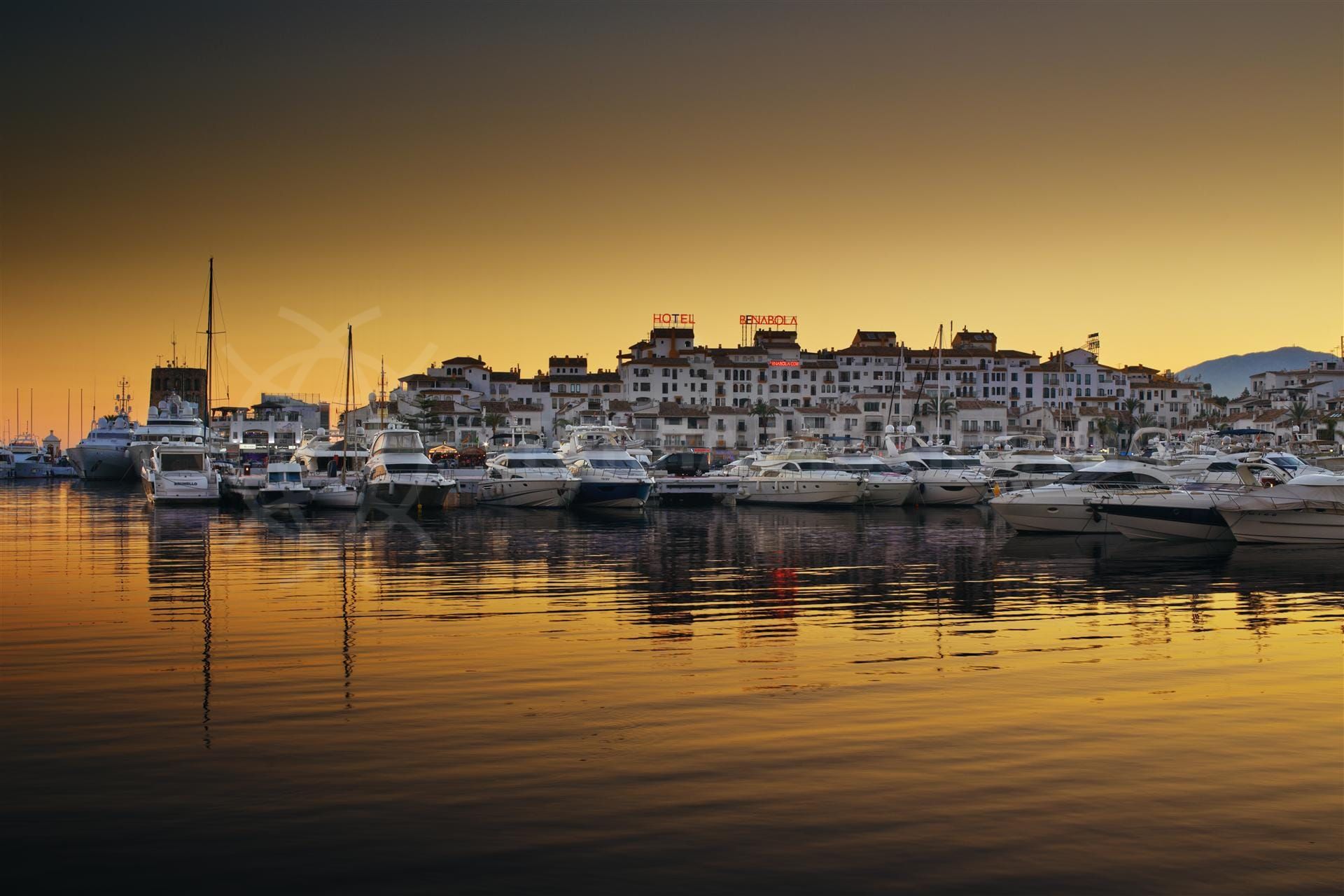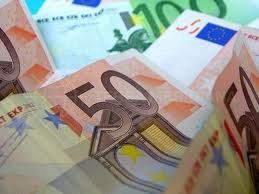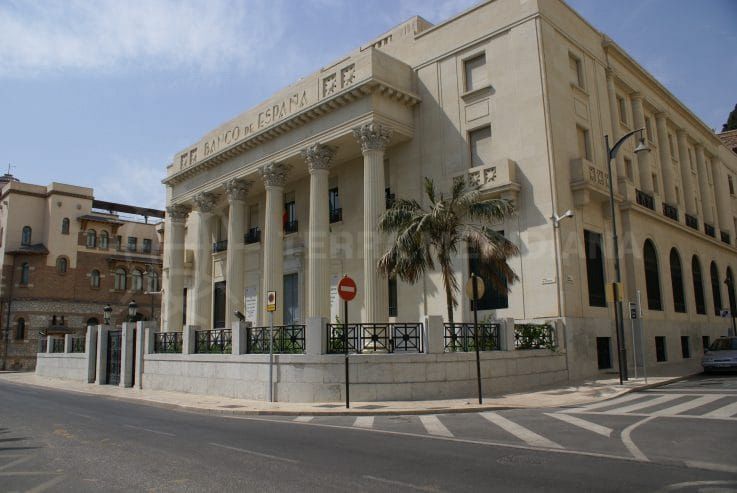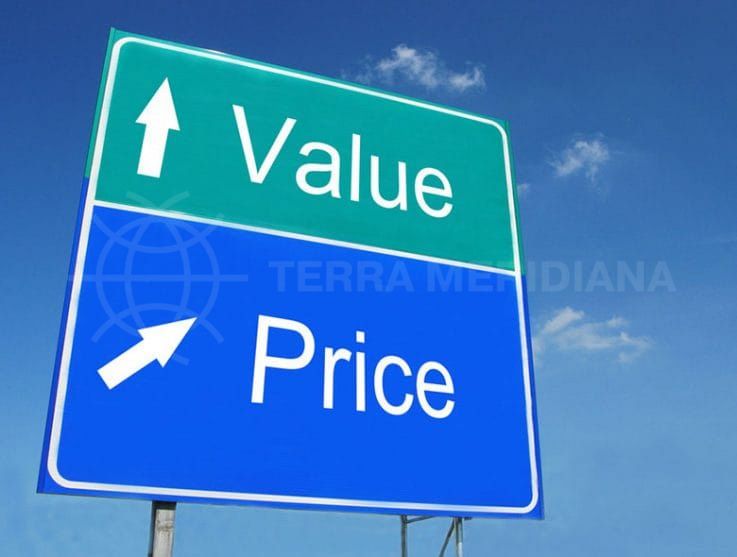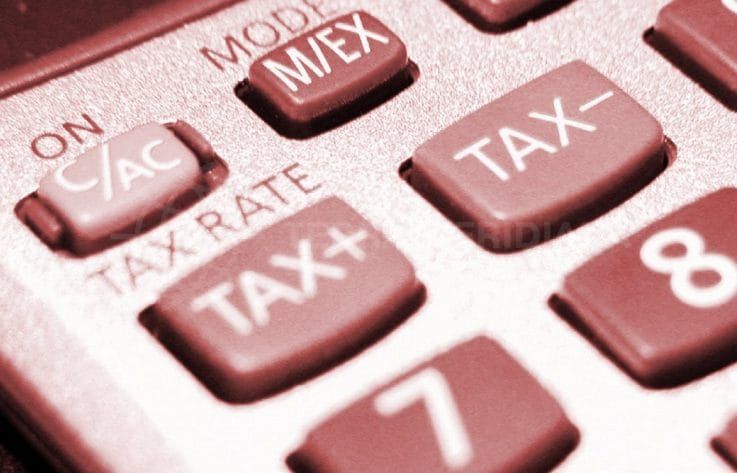
Mortgages Advice
Even if you have sufficient capital to buy property in Spain outright, you may wish to consider using a mortgage to fund the purchase for fiscal (you may be eligible for tax allowances), financial (you may earn a higher rate of return on capital invested than you would pay to service a loan), or security (a bank will carry out its own due diligence and only lend against a property that meets its criteria) reasons.
Loan to valuation or purchase price %
Mortgages are granted against either the valuation or purchase price (banks lend against whichever is lowest). The days of 100% mortgages are behind us and banks are now unlikely to lend over 70% of the valuation for a primary residence, although more may be negotiated by younger individuals who are resident in Spain and have a low-risk financial profile. For second homes, older purchasers, and non-residents, 60-70% is normally the maximum. For rural or high-value properties, mortgages generally do not exceed 50% of the valuation.
Earnings
Loans are generally granted based on your earnings, with the maximum monthly payment calculated at 35% of your net income. If you have an existing mortgage on another property, both payments are usually taken into account.
Interest rates
Most mortgages in Spain are offered at a variable rate, sometimes with an initial fixed-rate period (1-3 years) at a preferential rate, and subsequently tied to the Euribor (Euro Interbank Offered Rate), plus an additional percentage.
Loan periods
Terms up to 35 years can be offered to younger residents, but non-resident and older buyers are generally given a maximum of 30 years, up to an age limit of 75 years old.
Set-up and cancellation fees
Mortgages fees are generally higher in Spain than in other countries. Typically, banks charge 1-1.5% of the total loan amount to set up a mortgage, up to 1% for partial or total cancellation, and 0.5% to change lender.
Valuations
Banks demand a valuation by a firm appointed by them at the buyer’s expense. You should expect to pay 250-1,000€, and more for large, high-value properties.
Completion fees and taxes
If you buy using a mortgage, this must be declared in front of the notary upon signature of the public title deed and a separate mortgage deed witnessed. Fees are fixed by the government and vary depending on the complexity of the deed. Buyers are liable for Stamp Duty on both resale and new properties bought using a mortgage, at a rate of 1.5% of the principal amount. You also need to register the mortgage in the Land Registry. This is normally done by a bank-appointed gestor and typically costs 200-400€.
Insurance
When arranging a mortgage, banks often try to insist you contract property and contents insurance, usually their own products. By law, however, you are under no obligation to do so. If you decide to contracts insurance, there is no obligation to specify the lender as the beneficiary. The amount insured is as per the valuation, but is calculated as the amount necessary to rebuild the property, not including the value of the land. Banks also often try to insist you take out life insurance or a policy to protect you in the event you cannot work. Again, you are under no obligation to do so, but contracting one or both may enable you to negotiate better mortgage conditions. Costs are based on your age and the loan amount.
Supporting documents for your mortgage application
You normally need to provide your bank with the following documentation:
- Copy of your passport
- Copy of your NIE
- Recent credit report (e.g. Experian)
- Last six months of your personal bank statements
- Nota simple of the property you wish to purchase
If employed, you will also need to provide:
- Copy of your last annual tax certificate (e.g. P60 for UK taxpayers)
- Proof of last three months of salary payments
If self-employed, you will also need to provide:
- Copy of your last annual tax declaration

Related Posts

